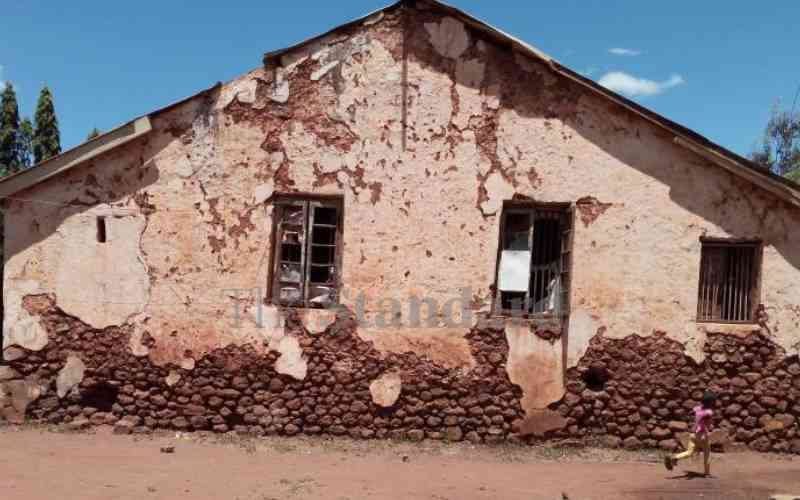×
The Standard e-Paper
Home To Bold Columnists

At the heart of Taveta town lies a dilapidated structure that could do with serious renovations. Its crumbling walls, worn-out roof and eroded floor bear the scars of a battle that pitted European superpowers but that sucked in a local population that knew little about the war.
Located less than three kilometres from the Kenya-Tanzania border, the old police station made history as the site where the first shot signalling the start of the East African campaign of the First World War was fired.